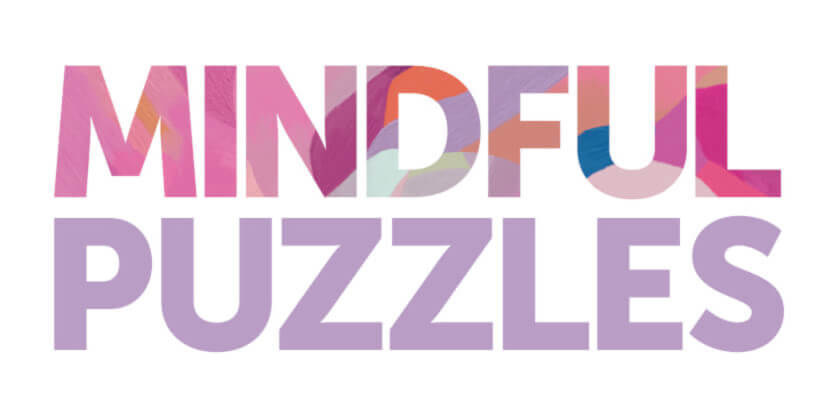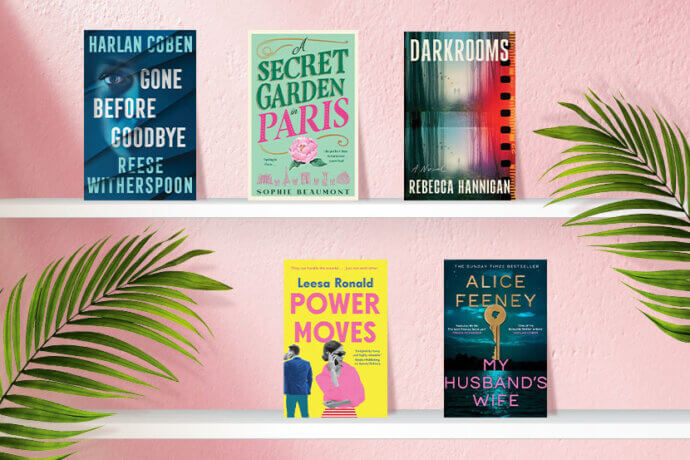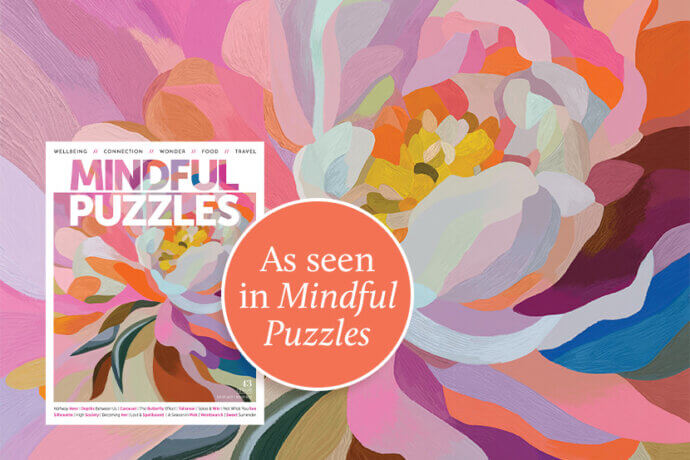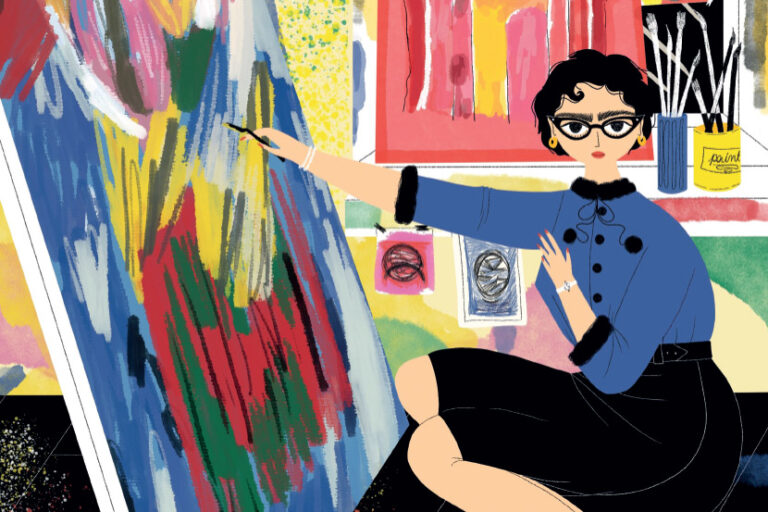
It can go against every fibre of our eager-to-please being, but saying ‘no’ is the ultimate act of self-love and preservation.
Even if we consciously choose simplicity and minimalism over busyness and clutter, our life is an intricate web of interactions and interconnections. Quite literally, we’re atoms colliding with each other, and in this constant in-betweenness, we often lose sight of what’s good just for us.
Picture this: you’ve had an intense week, juggling work, school commitments, taking care of your kids, your dog, and attempting to live healthier. It’s a Friday evening and what you’re dreaming of is quite simple: a bit of stretching, a hot bath, and 30 minutes of reading in bed. But then you get a text message from your best friend. She’s having relationship dramas and desperately wants to meet up for a drink. You’re in your PJs and can’t fathom putting on ‘going-out’ clothes or pouring alcohol into your body. But you also feel obligated to help her out. Stretched between a reluctant ‘yes’, a little white lie and an honest ‘no’, you end up feeling stressed and overwhelmed. None of the answers seem like a good one.
Many of us struggle to say ‘no’, scared of rejection, anger, or just entering the unknown territory of what the other person may think of us. We fear that ‘no’ communicates a lack of love, or even selfishness. But as psychologists and self-care experts remind us, it’s actually the opposite. Saying ‘no’ can mean practising self-compassion and self-love. By choosing ‘NO’, we’re saying a loving ‘YES’ to many good things: simple living, meaningful conversations, quality products, and more free time for people and things that light us up. ‘No’ also opens a beautiful and fertile space for new ideas and relationships to grow – and they’re the ones that don’t require lies or being inauthentic.
WHY IS IT SO IMPORTANT TO SAY ‘NO’?
Because boundaries are healthy, and we have less stress in our lives when we’re honest with ourselves and other people. Our most precious resources – time and energy – are not limitless. If we want to have more of the things that matter most – trust, connection, and love – we must be careful not to waste these precious resources on the non-essential. Stretching ourselves thin is neither wise nor pleasant.
It doesn’t mean it’s easy to be assertive. A certain degree of compliance has been instilled in us since early childhood. Dr Pooja Lakshmin, a US-based psychiatrist, admits that many women prefer to pencil in a manicure than think critically about which tasks can be taken off their lengthy to-do list. But there are a multitude of ways to reframe saying ‘no’ and making it graceful.
A hypnotherapist and the host of the Calmer You podcast, Chloe Brotheridge claims that we need to acknowledge the pain and trouble caused by our lack of assertiveness and visualise what ‘yes’ can bring us. “Just get a little angry about all the time, energy and money you have spent saying ‘yes’ to things that you could have said ‘no’ to. How many coffees have you had with people you didn’t want to have coffee with? How many weddings have you been to that you didn’t really want to attend? How many hours of tedious meetings have you sat through when you had no real reason to be there?” In the book The Power of No, co-written with Claudia Azula Altucher, entrepreneur James Altucher says bluntly: “When you say ‘yes’ to something you don’t want to do, here is the result: you hate what you are doing, you resent the person who asked you, and you hurt yourself.”
Fortunately, learning to say ‘no’ is a little like learning how to meditate – a habit you have to form and cultivate. The more you practise, the easier it gets. To make things smoother, imagine that your ‘no’ is an act of kindness to another person. It is much better to decline than to accept and fail to deliver. Just remind yourself daily of these wise words from Mahatma Gandhi: “A ‘no’ uttered from the deepest conviction is better than a ‘yes’ merely uttered to please, or worse, to avoid trouble.”
HOW TO START SAYING ‘NO’ MORE OFTEN
PRACTISE ON YOURSELF
When it’s hard to say ‘no’ to others, start with yourself. Try to challenge certain ideas, activities, and feelings that don’t serve you well. Practise self-boundaries around technology and bad thought patterns.
Say ‘no’ to…
- Perfectionism
- Accepting less than what you need and deserve
- Fear
- Guilt, unnecessary rumination, and regret
- Negative self-talk
- Limiting beliefs about what you can’t do
- Constant scrolling on social media
- Checking your phone first thing in the morning
SOFTEN THE BLOW
‘Yes’ seems like a gentler, easier, and more pleasant word, while ‘no’ sometimes feels rude and abrupt. But there’s a way to soften the impact and say it gracefully. One degree of departure from the harshness of ‘no’ would be to say: ‘I can’t’. Another way is to serve ‘no’ alongside ‘yes’. ‘No, I won’t be able to do this for you now, but I can try to help tomorrow’.
SMALL STEPS FIRST
For all the people-pleasers of the world, saying ‘no’ to somebody’s face is the hardest thing. Vanessa Van Edwards, the founder of the human behaviour research lab Science of People, suggests that if you fear saying ‘no’ in person, you can always ask people to text or email you their request or invitation, so you can get back to them after checking your schedule. Writing ‘no’ is much easier than saying it out loud.




















